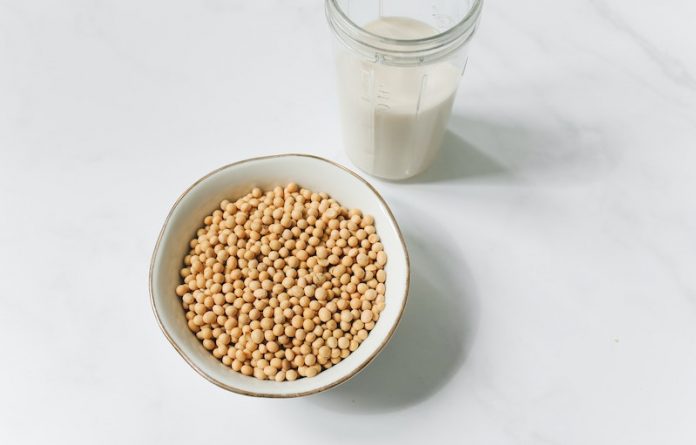
Scientists from Xi’an Jiaotong University and elsewhere found soy food intake may reduce people’s cancer risk but does not affect cancer death risk.
Soybeans and soy foods may reduce the risk of a range of health problems, including stroke, coronary heart disease (CHD), and some cancers, as well as improve bone health.
Soy products are a major dietary source of isoflavones.
The potential health benefits of isoflavones may include protection against age-related diseases including heart disease, osteoporosis, hormone-dependent cancer, and loss of cognitive function.
The mechanisms involved may include weak oestrogenic action and antioxidant activity.
Associations between soy intake and the risk of cancer have been examined in studies with inconsistent findings.
Whether the potential anticancer effects in soy were attributed to soy isoflavones and soy protein is still unclear.
In the current study, researchers aimed to comprehensively review the association of soy, soy isoflavones, and soy protein intake with cancer risk and cancer mortality.
They included 81 studies published up to 16 September 2021.
These studies examined the effect of soy, soy isoflavones, and soy protein on cancer incidence and cancer mortality.
The team found a higher intake of soy was strongly linked to a 10% reduced risk of cancer incidence. Each additional 25 g/d soy intake decreased the risk of cancer incidence by 4%.
They also found the intake of soy isoflavones was linked to a lower risk of cancer incidence, whereas no strong association was found for soy protein.
Cancer risk of cancer was reduced by 4% with every 10 mg/d increments of soy isoflavones intake.
Similar associations were also found for soy in relation to site-specific cancers, particularly lung cancer and prostate cancer.
However, a high intake of soy, soy isoflavones, and soy protein was not linked to cancer mortality.
Based on the findings, the researchers suggest that a higher intake of soy and soy isoflavones is linked to a lower risk of cancer incidence.
This suggests that the beneficial role of soy against cancer might be primarily attributed to soy isoflavones. These findings support recommendations to include soy as part of a healthy dietary pattern for the prevention of cancer.
The research was published in Frontiers in Nutrition and conducted by Yahui Fan et al.
If you care about cancer, please read studies that a low-carb diet could increase overall cancer risk, and vitamin D supplements strongly reduce cancer death.
For more information about nutrition, please see recent studies about how drinking milk affects the risks of heart disease and cancer and results showing eating fish is linked to a higher risk of skin cancer.
Copyright © 2022 Scientific Diet. All rights reserved.








